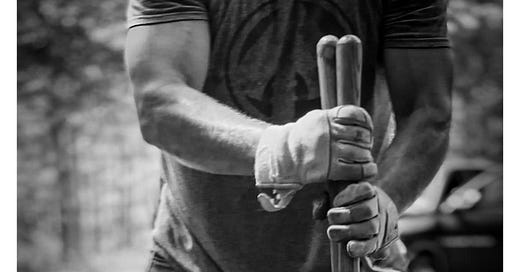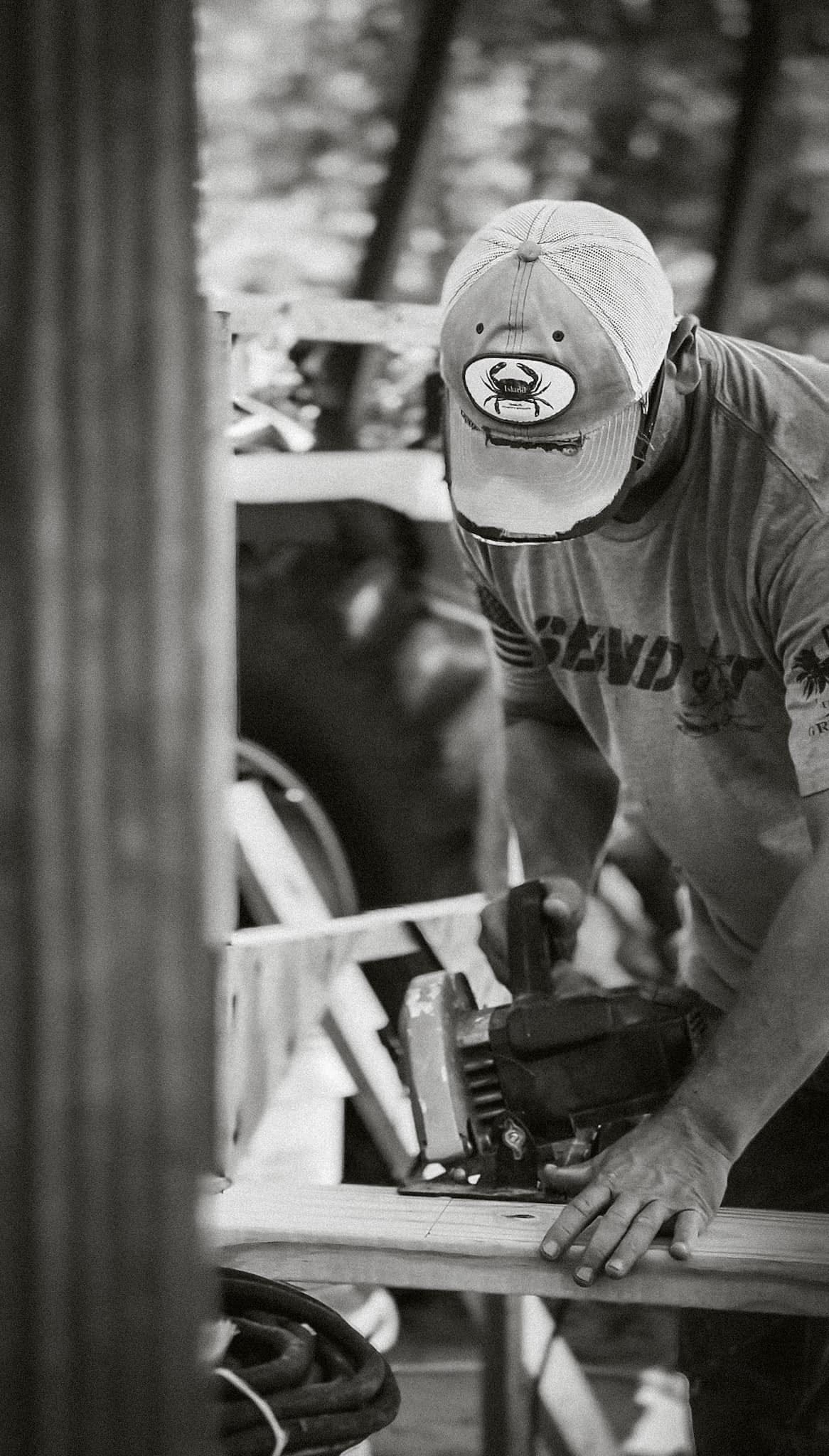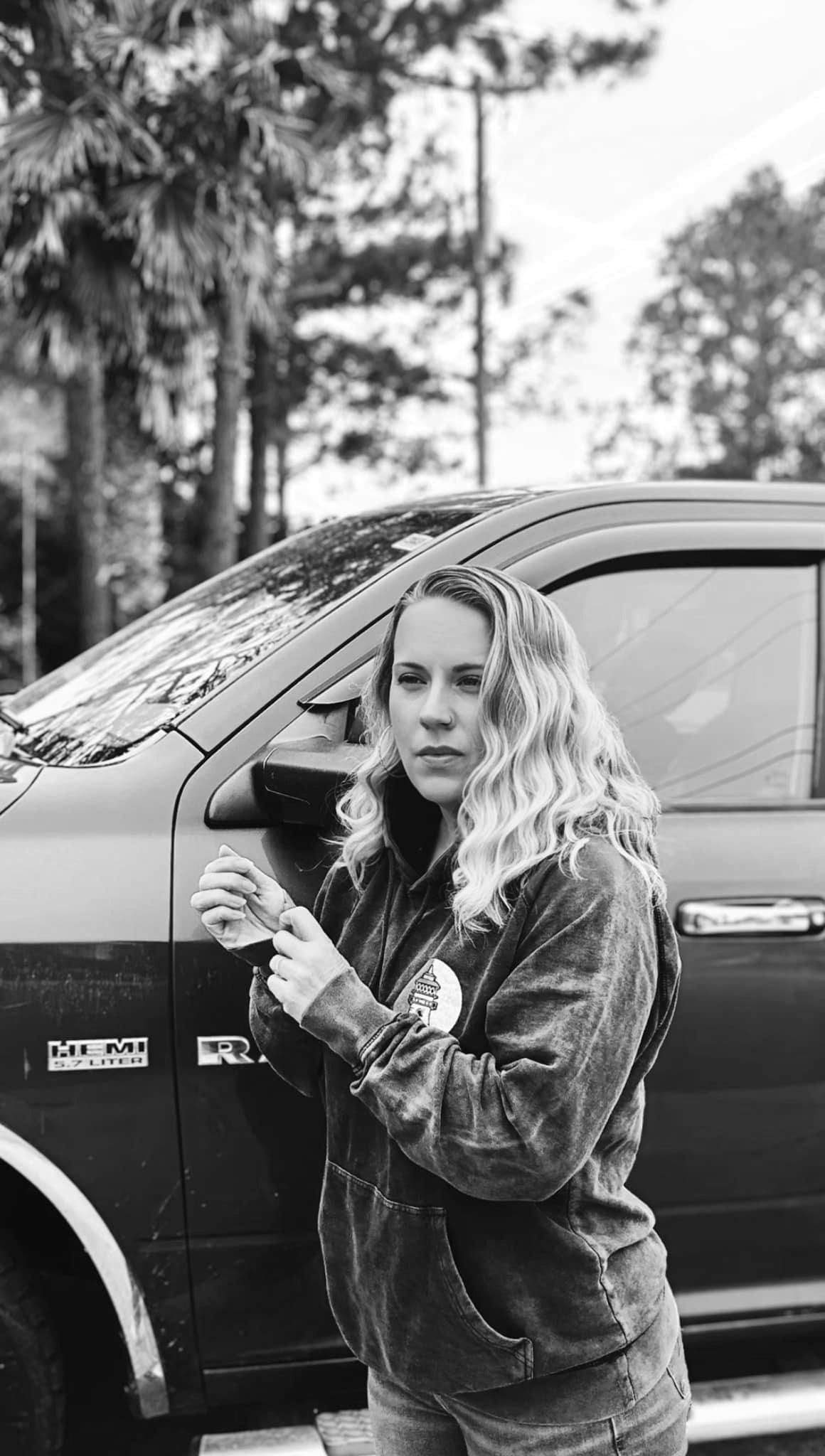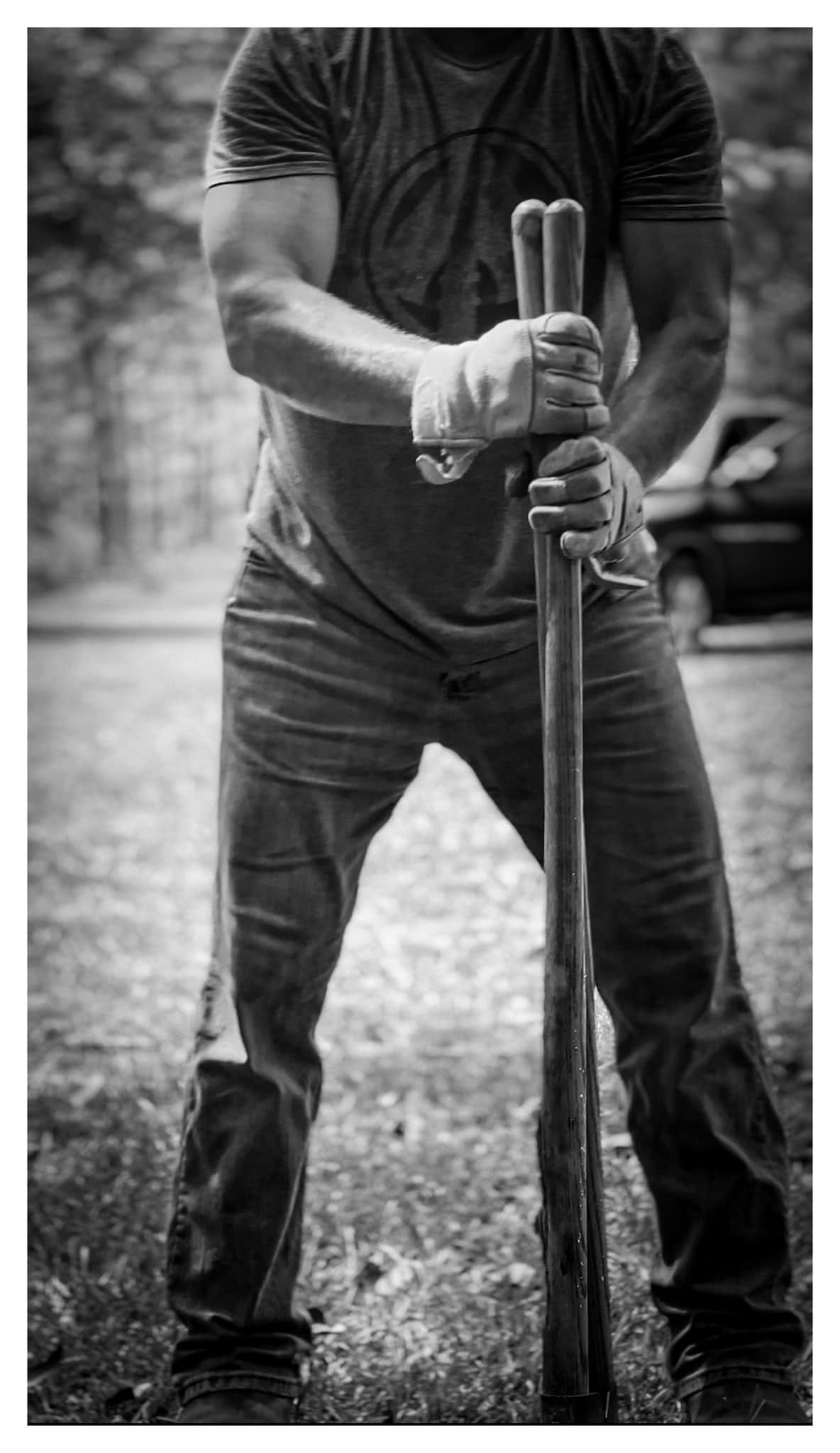The Erotic Intelligence of Warrior Love
F*ck being my "greatest cheerleader" or "No. 1 fan." Why I'm done settling for just emotional support and you should too.
**Disclaimer - ALL stories of clients or friends shared are carefully curated compilations to ensure privacy while retaining the truth of the moment**
I watched her face crumple in my office last Tuesday—this brilliant woman with the carefully curated Instagram life suddenly coming undone over three simple words: "Are you happy?"
"But he loves me so much," she insisted, mascara now tracking down her cheeks like tiny black rivers of denial. "He tells everyone I'm amazing. He surprises me with flowers. He never complains when I work late."
"Congratulations," I said. "You've hired yourself a very expensive cheerleader. How's that working out for your soul?"
Forget knights in shining armor. That armor is clean because it’s never seen war. Never crawled through the mud of Monday mornings. Never stood naked in the aftermath of real life and said, “I’m still here.”
Give me the one with dirt under their nails and fire behind their eyes. Someone who doesn’t flinch when I fall apart. Who can sit in the wreckage without rushing to make it pretty.
The Lie We're All Choking On
Let's be savagely honest for a moment: Most of what passes for "relationship goals" is just emotional taxidermy—lifeless approximations of connection stuffed and mounted to look good on the mantlepiece of public perception.
Here’s the bullshit sedative we’ve all swallowed:
The “supportive partner”—that sacred unicorn—is the one who applauds your feelings, praises your resilience, and says all the right things… from a curated distance (not that they would ever admit it or maybe even realize they’re doing it).
But belief without participation? That’s just audience membership with benefits.
After fifteen years of sitting with people in their rawest moments, let me offer you a less romantic truth:
Most of what passes for “relationship goals” is emotional taxidermy. Beautifully posed. Spiritually embalmed.
You’re not in a partnership. You’re starring in performance art, and your co-lead just keeps clapping.
They’ll hold your hand while you cry but disappear when it’s time to research care facilities or file the paperwork that might actually save you.
They’ll say, “I believe in you,” while you drown under spreadsheets and solo parenting and the weight of a life that looks nothing like it feels.
You want a thermometer for the health of your relationship?
Watch what happens when you need support that isn't emotionally gratifying to give.
When you need help with taxes, not tears.
When you need practical problem-solving, not poetic reassurance.
When you need someone in the arena with you—psychologically, yes, BUT ALSO financially, sexually, logistically—handling the unglamorous work of building a life together.
If the relationship only functions when support feels good to provide, it was never about partnership. It was about how being your emotional cheerleader made them feel about themselves. READ THAT AGAIN.
That’s not intimacy. That’s theater.
Participating In The Dysfunction
And here’s the twisted part: we often choose it. We choose it because it lets us keep the fantasy. It lets us avoid the terrifying intimacy of being met—and challenged.
Because real partnership requires presence, not performance. And presence? Presence dismantles the parts of us that still want to be adored more than we want to be known.
I know this one in my bones.
I’ve been the woman who received the public birthday post while quietly managing the private collapse. The woman who heard, “I’m so proud of you,” while wondering why the hell I was carrying all the weight alone.
It did nothing for me to hear, “You’re amazing.” Because praise doesn’t pay the bills. Admiration doesn’t hold you through the grief.
Fans don’t rebuild infrastructure. They throw roses after the show.
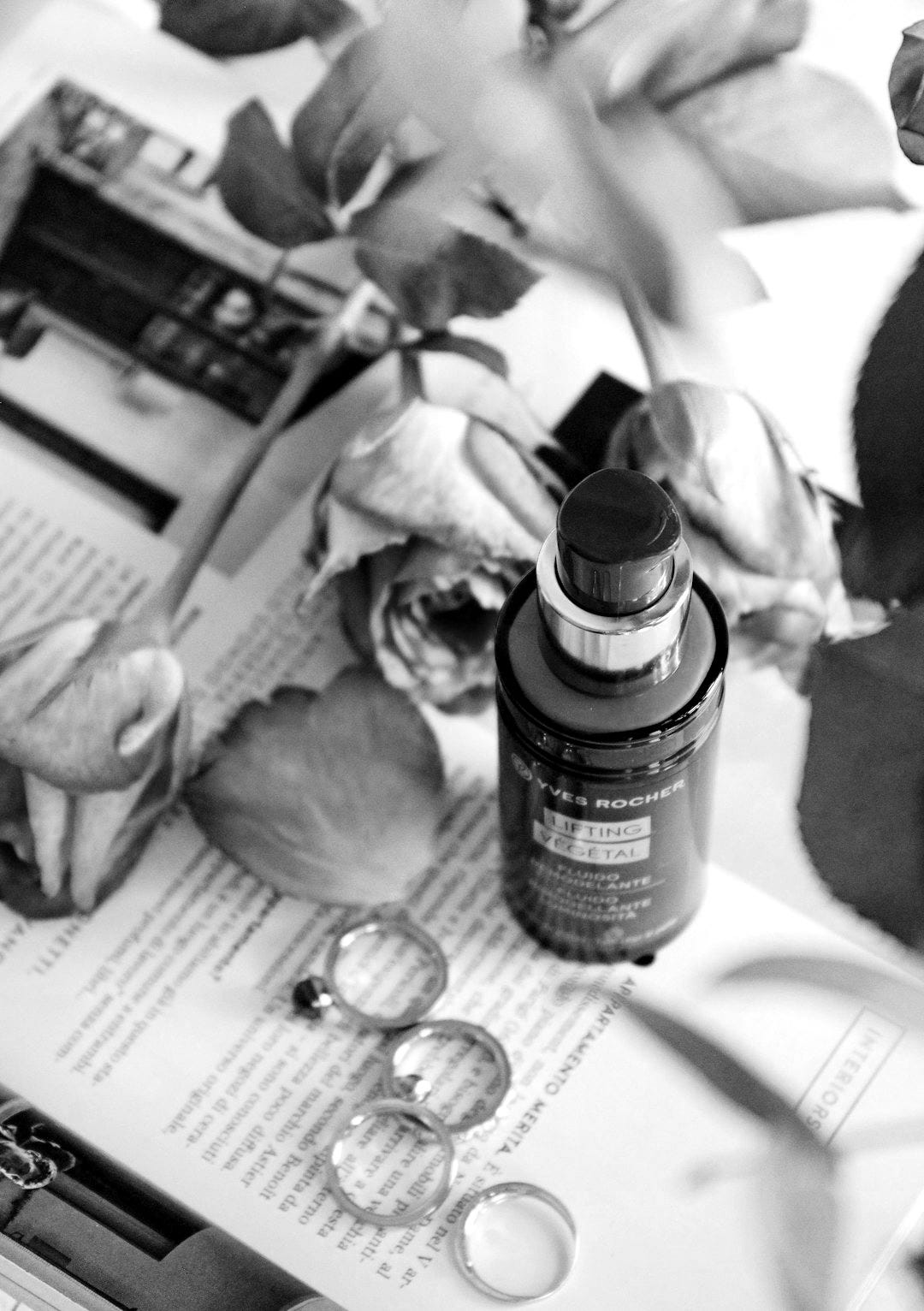
The Sacred Terror of Real Support
To be fully met is to be profoundly undone—and then rebuilt.
And here’s the part I don’t talk about often because for a long time, not only did I not have it or even know it was really possible, I didn’t know how to let it in when it DID arrive.
The first time a man looked me in the eyes and didn’t just say, “I’ve got you,” but actually had me—emotionally, practically, energetically—I felt exposed in a way that terrified me. I was so used to being applauded from a distance that the sensation of being met at my core felt almost unbearable. Like being seen in a house I hadn’t finished furnishing.
Scott now jokes that I looked like a little kid who didn’t know what to do with their hands, ha! And it's soooooo true. I think it honestly took me a year and a half before I fully “relaxed into love” as I like to say.
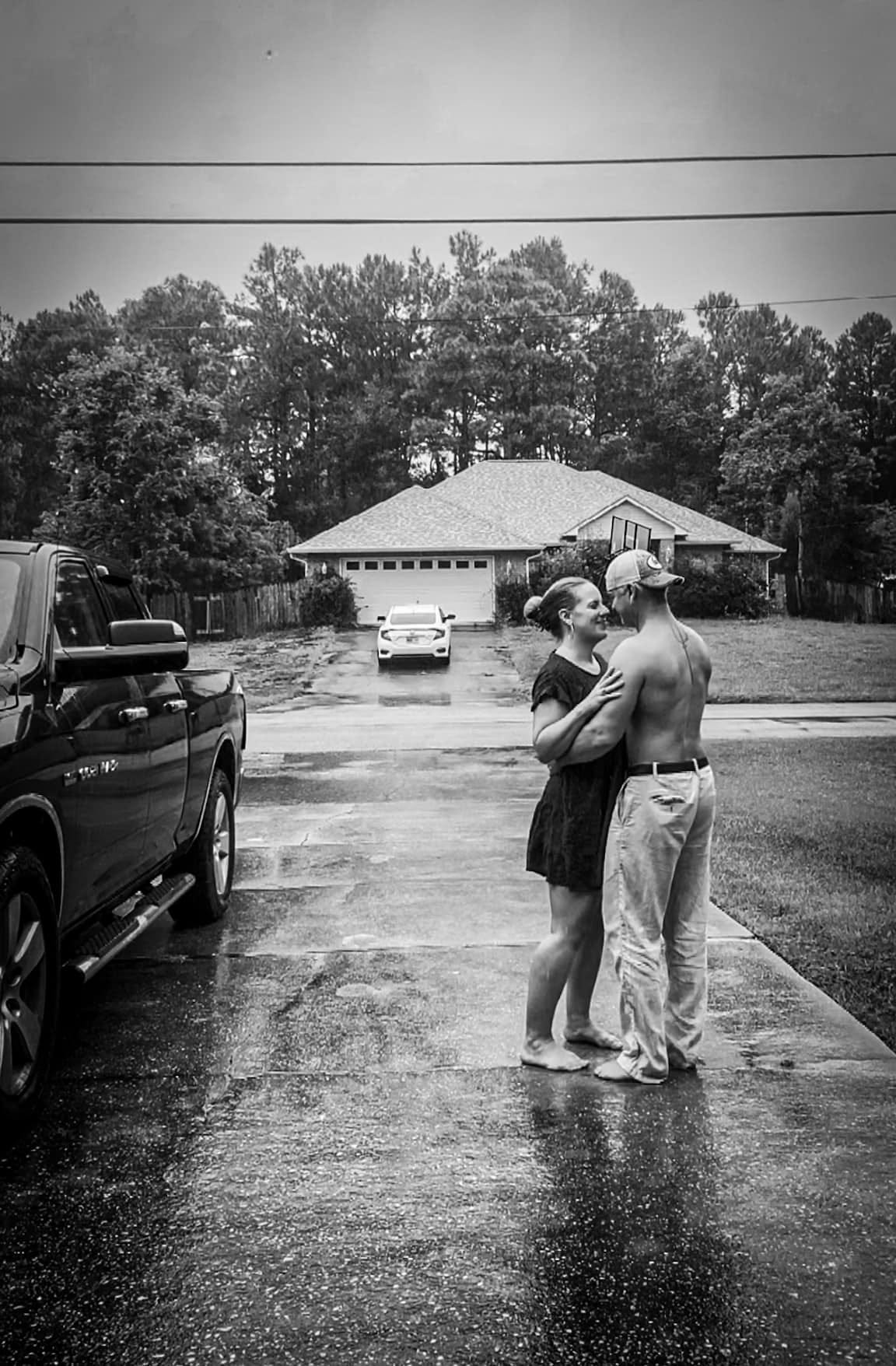
But then something wild happened: I stopped over-functioning. I stopped rehearsing strength. I stopped pretending that support made me weak.
And I discovered what every high-functioning, overachieving, emotionally burned-out person needs to know:
Support doesn’t shrink you. It expands you.
When someone joins you in the trenches—not to rescue, not to fix, but to build—it unlocks a new kind of desire. Not just erotic, though yes, there’s heat in being held like that. ;)
But existential. SOUL-level. The kind that makes you breathe deeper, stand taller, and dream wider.
This is what becomes possible when you stop settling for fans and start choosing partners who know how to carry weight.
When you’re no longer addicted to just being admired, but devoted to being met.
Forged in the Fire: Love That Doesn’t Flinch
It looks like eye contact at your worst. It looks like unflinching presence when the curtain falls.
It’s the love that says, “You don’t scare me.”
Let me tell you about Alex and Jordan, two clients who didn’t fall in love so much as forge it.
They didn’t meet cute. They met honest. In the fluorescent-lit bathroom of a restaurant, Alex mid-panic attack, Jordan a stranger who didn’t try to fix it.
“I don’t need you to be okay,” Jordan said. “I just want to sit with you while you’re not.”
That line? That moment? It changed EVERYTHING.
No savior. No script. Just radical presence.
Three years later, their love doesn’t perform. It builds. Jordan helps restructure the budget after a layoff. Alex rearranges their home to accommodate a sick parent. They navigate grief, desire, boredom, and ambition—not by avoiding the hard parts but by refusing to abandon each other to them.
They fight. They cry. They fuck. They create.
They don’t need to post about it—though they could, and it would be beautiful. But their love doesn’t depend on display. It doesn’t crave validation. It’s rooted in the unseen moments: the late-night spreadsheets, the uncomfortable conversations, the quiet logistics of devotion.
Because real love doesn’t ask for applause. It gets to work.
That kind of partnership? It’s messy. Unmarketable. Sacred.
It’s also rare because most of us have been seduced by something easier. Something performative. Something safe.
The Myth of Emotional Availability
Which brings me to the part people don’t want to talk about:
This culturally adored idea of “emotional availability” as the peak of partnership? It’s not only insufficient, it’s become harmful. Especially to men.
We told them to cry more, soften more, talk more—and then we mocked them when they did. We stripped strength of its dignity and mislabeled it toxic. We taught emotional fluency but never modeled how to carry weight with it. So now we have a generation of emotionally literate ghosts—full of feelings, absent in action.
Masculinity isn’t the problem. Misguided definitions of it are.
We flattened the masculine archetype, robbed it of tensile strength, and then wondered why men felt lost. We told them to show up with their hearts, but not their hands. To feel, but not to lead. To listen, but not to build.
So they disappear. Or lash out. Or retreat into bitterness because they were promised connection in exchange for vulnerability… and got critique instead.
Some become passive. Others collapse into red-pill nihilism. Not because they’re evil or broken, but because no one ever taught them how to stay—in discomfort, in conflict, in devotion.
The Erotic Intelligence of Warrior Love
And yet—when someone does? When they stop observing from a safe distance and choose to engage, challenge, co-create?
Think about the rush you get from a friend who truly gets you—who calls you on your patterns, who celebrates your complexities, who refuses to settle for your comfortable fictions. Now imagine that energy permeating your most intimate relationship. Imagine the liberation of being fully known and still completely desired. Imagine the relief of never having to maintain the exhausting facade of perfection.
The warrior doesn't need you to stay small and predictable to love you. They can metabolize your contradictions, your evolutions, your magnificent messiness. They don't require the sanitized version of you because they're not interested in the performance—they're interested in the raw, unfiltered humanity that makes you unmistakably you.
There's a profound eroticism in this kind of seeing and being seen. Not just physically (though warrior partnerships often maintain sexual electricity long after spectator relationships have fizzled into tepid companionship), but spiritually.
The warrior stirs desire not by mindless affirmation but by relentless curiosity—by refusing to assume they've figured you out, by continuing to discover you even after years together!
This kind of partnership doesn't just feel good. It creates good—in you, in them, in the world you impact together. It's generative in the deepest sense, producing not just temporary happiness but enduring growth.
Choose the Mud, Not the Spotlight
The world is full of potential fans. Finding someone who'll applaud you is easy. Swipe right enough times, and you'll find plenty of people willing to become your audience for a while.
But finding a warrior willing to step into the arena with you? Someone who sees your struggles not as inconvenient disruptions to an otherwise perfect narrative but as sacred ground where true partnership is forged? Someone who makes you braver, more authentic, more alive simply by virtue of how they show up for you?
That's the relationship worth rearranging your life for.
The radical decision isn't finding a warrior; it's becoming the kind of person who can recognize one when they appear—and who has the courage to choose partnership over performance when they do.
Stop settling for knights in shining armor who look impressive but stay clean. Choose the warrior covered in mud and sweat who isn't afraid to get dirty with you in the arena of existence.
Find the person who doesn't just believe you can carry the weight of the world on your shoulders, but who reaches over and says, "Here, let me take some of that."
Because what you get in return isn't just help with your burdens. It's a profound liberation from the exhausting pretense that you should carry them alone in the first place!
It's the exhilarating discovery that two people fully committed to each other's evolution can create something far more magnificent than either could achieve alone.
That's not just relationship goals. That's revolution.
And if you're anything like I was, I hope you don't wait as long as I did—to be the warrior, to choose the warrior, to let yourself be truly supported by something deeper than applause.
If this stirred something in you—if you’re craving that kind of presence, partnership, and power—I’d be honored to walk beside you as you create it. This is the work I do with clients who are done performing and ready to build lives, relationships, and legacies that are actually worth living.
No pressure. No pitch. Just an open invitation to step into something real.
This is the second piece in a series challenging the delusions we've swallowed about connection. Subscribe if you're tired of the emotional taxidermy passing for relationship wisdom and ready for something alive enough to bite.

